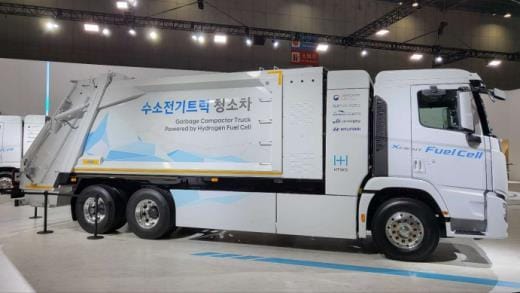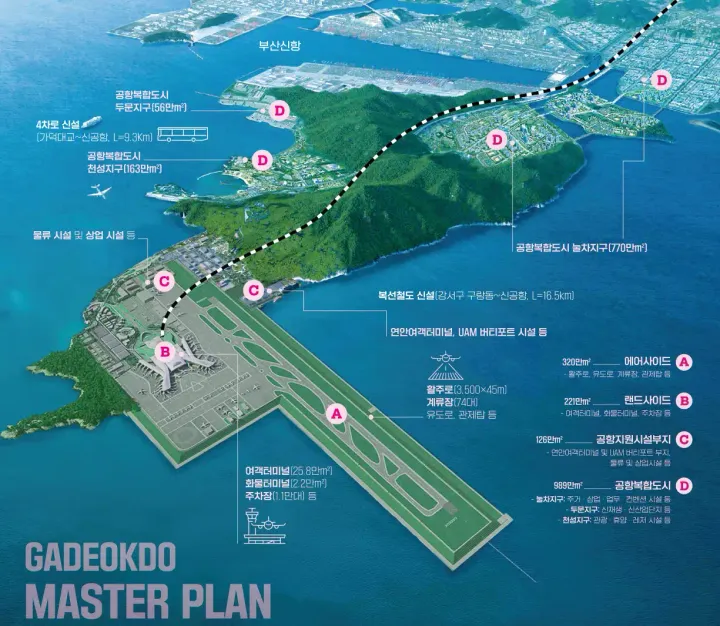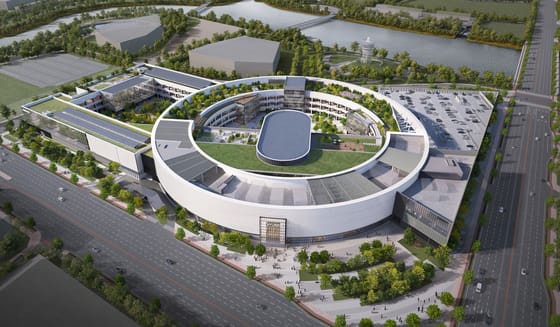Busan Emerges as Asia’s Smart City Leader in Global Innovation Rankings
With a consistent rise across four years, Busan is now seen as a model for mid-sized cities aiming to scale their digital and smart infrastructure globally.

Busan, South Korea — Busan has emerged as one of the world’s most competitive smart cities, ranking 12th globally in the latest edition of the Smart Centres Index (SCI), released by London-based think tank Z/Yen Group. The result not only places South Korea’s second city ahead of capital Seoul, which dropped to 33rd, but also cements Busan’s status as the second highest-ranked city in Asia, trailing only Singapore. This development marks a notable shift in the geography of urban innovation within the region and challenges traditional assumptions about which cities lead the global digital economy.
The SCI evaluates 76 cities semiannually across indicators related to innovation infrastructure, regulatory environment, and technological readiness, using both quantitative data and global expert assessments. Busan’s climb to 12th place reflects a steady rise that began with its debut at 62nd in 2021. No other city in the SCI has demonstrated such consistent upward momentum. While cities such as San Francisco, Zurich, and London continue to occupy the top three spots, Busan now finds itself ranked above traditional innovation powerhouses such as Berlin, Hong Kong, Toronto, and Seoul.
Smart City Competitiveness Comparison (SCI 11, 2025)
| Category | Busan | Seoul | Singapore |
|---|---|---|---|
| Technology | 12 | 20 | 5 |
| Financial Services | 13 | 22 | 4 |
| Human Capital | 9 | 15 | 6 |
| Business Environment | 8 | 19 | 7 |
| Reputation | 11 | 27 | 8 |
| Infrastructure | 6 | 24 | 3 |
* Lower rank = better performance (Rank out of 76 cities, SCI 11)
Analysts attribute Busan’s performance to its increasingly integrated smart infrastructure and a policy environment conducive to emerging technologies. The city has implemented progressive regulatory frameworks, including a designated blockchain regulation-free zone that has drawn international attention. Busan’s broader efforts to cultivate a technology-driven ecosystem—encompassing artificial intelligence, digital healthcare, and cloud infrastructure—appear to be bearing fruit in both measurable competitiveness and global perception.
SCI’s breakdown of performance by category reveals that Busan achieved consistently strong rankings across all three core evaluation pillars: innovation support, creative intensity, and delivery capability. It ranked 7th, 12th, and 15th respectively in these dimensions, a level of balance uncommon among top-performing cities. By contrast, Seoul’s scores in these same categories placed it significantly lower, with the capital registering modest figures in both policy alignment and infrastructure execution. While Seoul retains world-class human capital and a globally visible startup culture, experts involved in the index suggest that Busan’s momentum may reflect more agile policymaking and targeted investments in next-generation industries.
In addition to its technical scores, Busan topped the SCI’s reputational advantage index—a measure of how expert perception compares to a city’s underlying data. This suggests that global observers see the city as performing above expectations, a rare distinction. By comparison, Seoul posted the lowest reputational advantage score among all cities assessed, indicating a potential mismatch between its global image and recent performance outcomes.
Busan’s rise also stands out within the Asia-Pacific region, where many cities have struggled to maintain previous rankings. Of the 19 regional cities included in SCI 11, 11 experienced declines. Hong Kong, for example, fell to 25th place, and other established hubs such as Tokyo and Sydney also lost ground. In this context, Busan’s steady ascent appears as an outlier and offers a potential new model for urban innovation that prioritizes targeted reform and cross-sectoral integration over scale alone.
While the SCI does not predict future trajectories, it provides a clear picture of current competitiveness and the policies driving it. Busan’s upward trend suggests a deliberate strategy that combines infrastructure expansion with regulatory flexibility and international engagement. The city’s hosting of the 2025 World Smart City Expo is expected to further elevate its profile among public and private sector stakeholders.
The index’s broader message may be less about Busan’s individual success than about a shifting paradigm in how cities innovate. Megacities, once assumed to be the inevitable centers of digital transformation, are now being challenged by medium-sized cities with focused agendas and institutional nimbleness. In this context, Busan’s performance is less an anomaly than a signal that the global landscape of smart urbanism is more dynamic than previously understood.
As governments, investors, and urban development experts increasingly reference the Smart Centres Index as a benchmark for innovation readiness, Busan’s steady rise offers a potential reference point for other cities aiming to enhance their competitiveness in a shifting technological landscape. While it remains to be seen whether the city can maintain its current trajectory, its performance in the latest rankings positions it as a noteworthy player among emerging smart cities globally, and a leading example within South Korea.



Comments ()